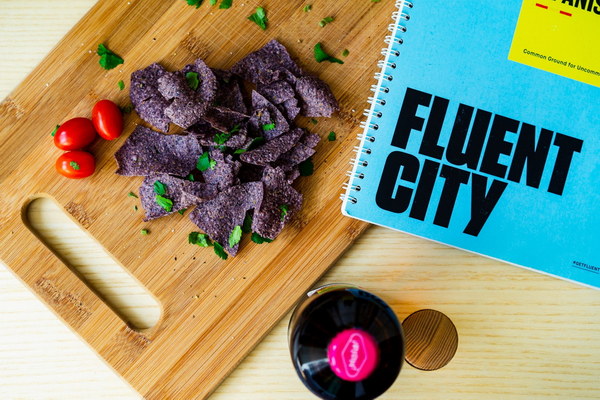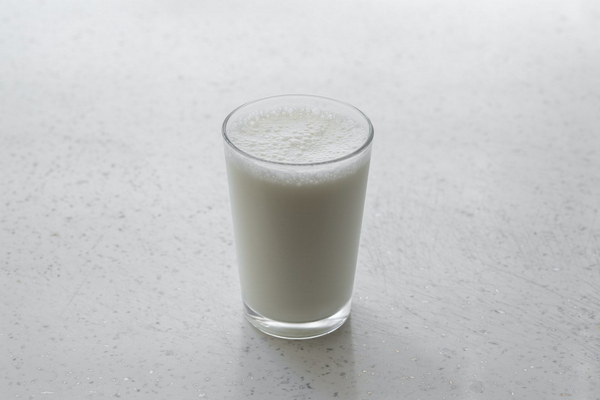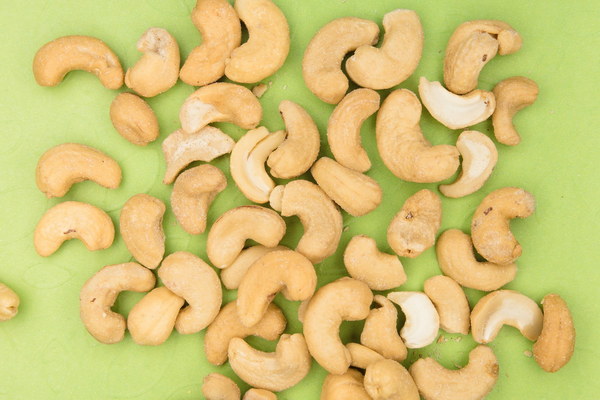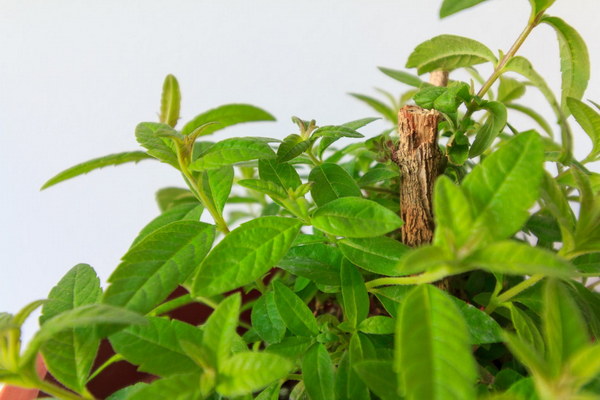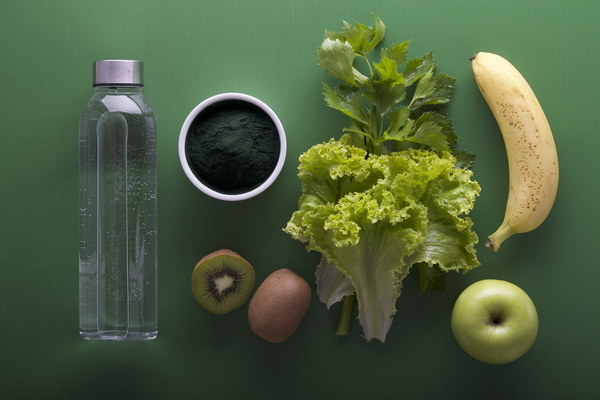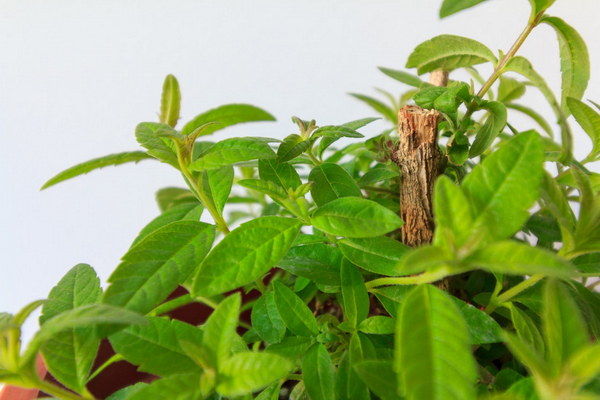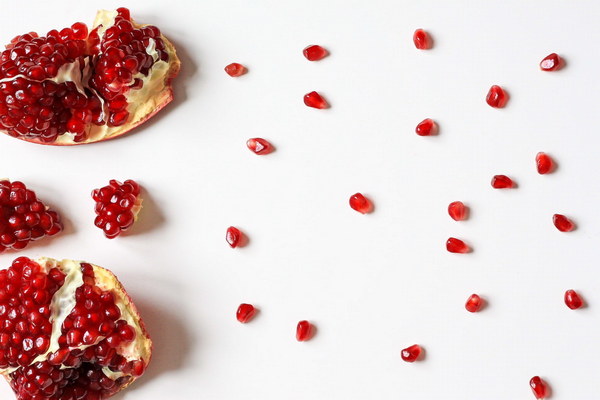Nourishing the Lungs A Guide to Foods for Tuberculosis Treatment and Lung Health
Introduction:
Tuberculosis (TB) is a serious infectious disease that primarily affects the lungs. While medical treatments are crucial for combating TB, a well-balanced diet can also play a significant role in promoting lung health and aiding in the recovery process. This article will explore the best foods to consume for tuberculosis treatment and lung nourishment, providing a comprehensive guide to improve overall well-being during this challenging time.
1. Foods High in Vitamin C
Vitamin C is a powerful antioxidant that helps boost the immune system, making it an essential nutrient for individuals with TB. Foods rich in vitamin C include oranges, strawberries, kiwi, bell peppers, and leafy green vegetables. Incorporating these into your diet can help strengthen your immune response and accelerate recovery.

2. Vitamin E-Rich Foods
Vitamin E is another potent antioxidant that supports lung health. Foods high in vitamin E include almonds, sunflower seeds, walnuts, and spinach. These nutrients help protect lung cells from oxidative stress, reducing the risk of complications and promoting healing.
3. Foods Rich in Selenium
Selenium is a trace mineral that plays a crucial role in immune function and lung health. Brazil nuts, tuna, and whole grains are excellent sources of selenium. Adding these foods to your diet can help improve your body's ability to fight TB and support overall lung function.
4. Anti-Inflammatory Foods
Inflammation is a common symptom of TB, and consuming anti-inflammatory foods can help reduce this inflammation and alleviate symptoms. Foods high in omega-3 fatty acids, such as fatty fish (salmon, mackerel, and sardines), flaxseeds, and chia seeds, can help reduce inflammation and support lung health.
5. Foods High in Fiber
Fiber is essential for maintaining a healthy digestive system, which can be beneficial for individuals with TB. Foods rich in fiber include fruits, vegetables, whole grains, and legumes. A high-fiber diet can help prevent constipation, which is a common side effect of TB medications.
6. Hydration
Proper hydration is crucial for overall health, especially for individuals with TB. Drinking plenty of water helps maintain respiratory health, aids in the elimination of toxins, and supports the immune system. Aim to consume at least 8 glasses of water per day.
7. Protein-Rich Foods
Protein is essential for tissue repair and recovery. Foods high in protein include lean meats, fish, poultry, dairy products, eggs, and plant-based options like lentils, chickpeas, and tofu. Ensuring an adequate protein intake can help your body repair damaged lung tissue and strengthen the immune system.
8. Fermented Foods
Fermented foods, such as yogurt, kefir, sauerkraut, and kimchi, are rich in probiotics, which support gut health and, in turn, immune function. A healthy gut microbiome can help reduce the risk of infections, including TB.
Conclusion:
Incorporating these foods into your diet can help support your body's immune system and promote lung health during TB treatment. However, it's important to consult with a healthcare professional before making any significant changes to your diet. By combining a balanced diet with proper medical treatment, you can improve your chances of recovery and maintain long-term lung health.
